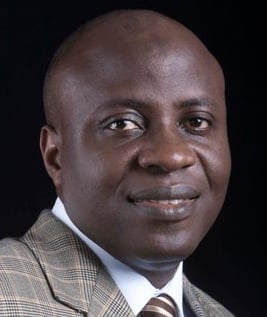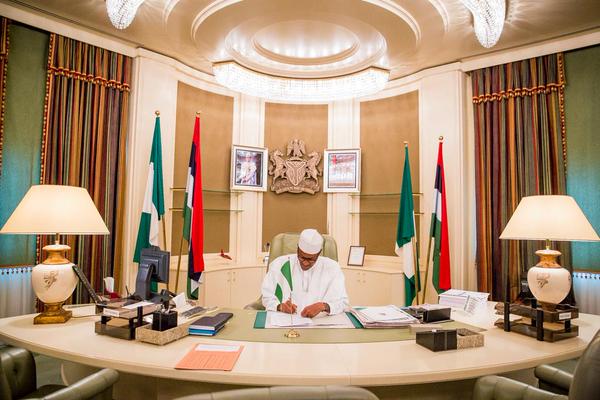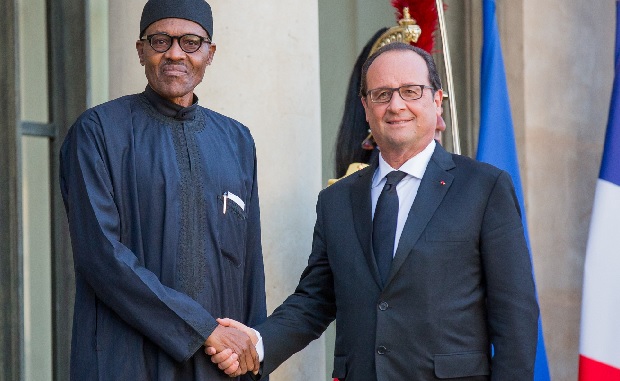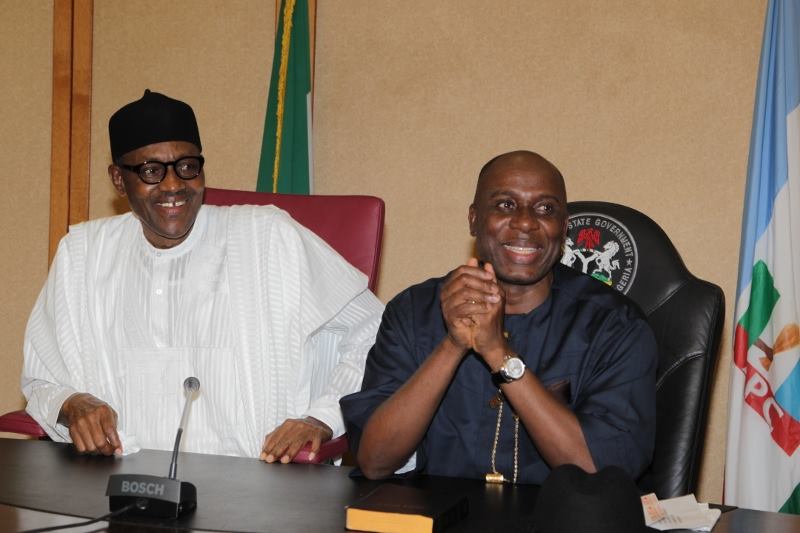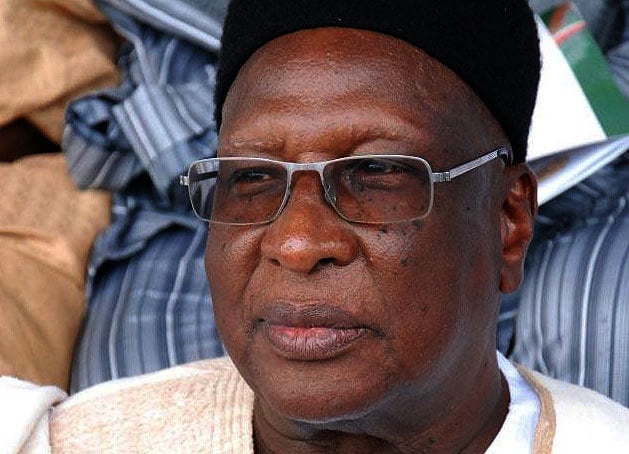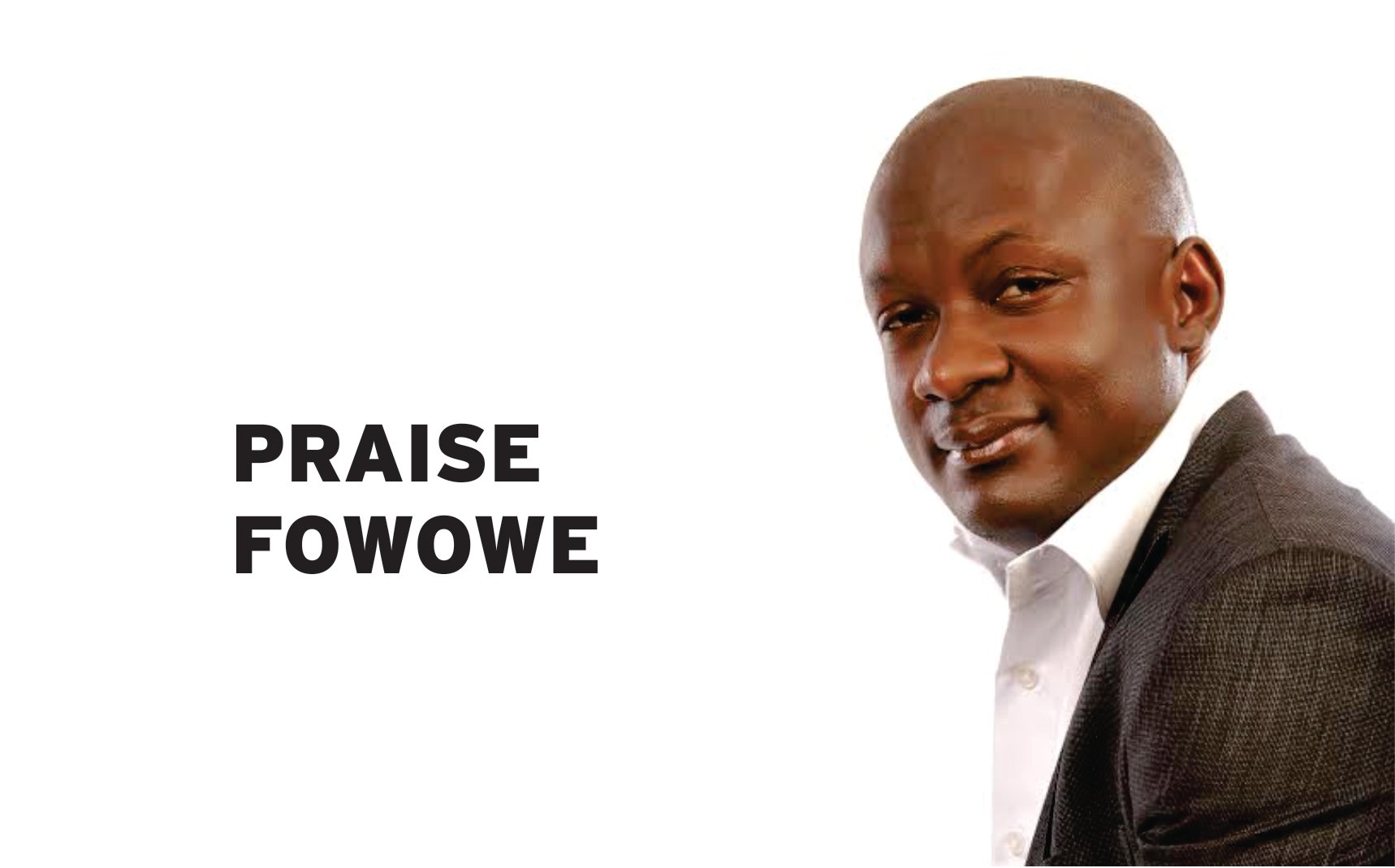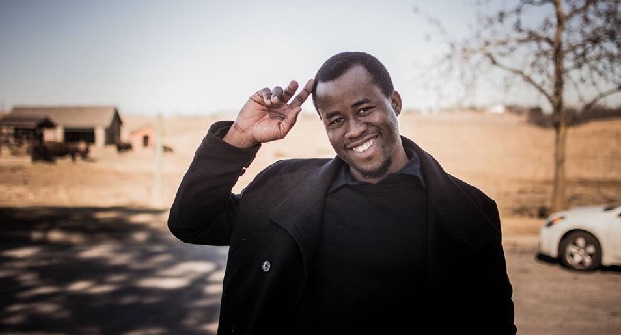“Let your plans be dark and impenetrable as night, and when you move, fall like a thunderbolt”
—Sun Tzu in The Art of War
President Muhammadu Buhari’s style in his first 100 days in office, to me, seems to be defined by two words: inscrutable and unpredictable. I think the two tendencies are further yoked together by an unexpressed, and possibly unconscious or subconscious, desire by the president to do things simply on his own terms. It is a style that clearly departs from the norm, and dashes some expectations about how things are done in the political cum governance arena. It is a style that unsettles or delights depending on who you are and your interests. But is this enigmatic style sustainable or useful only for the moment? Is this just an inception style or the style that will serve him well for the rest of his tenure? Well, we have to wait on the next sets of hundred days.
To start with, there seemed to be a near universal expectation that appointments would be made immediately President Buhari took over on May 29. Convention, at least, supported that. The three presidents before him appointed their Chiefs-of-Staff and Secretaries to the Government of the Federation almost immediately and had their cabinets in place within their first 100 days. President Buhari has bucked this trend, to the disappointment and consternation of high-heeled members of his own party, the political class at large and even a sizeable number of his hard-core loyalists. He didn’t announce his Chief of Staff (C-o-S) and the Secretary to the Government of the Federation (SGF) until August 27. That was just two days to his three months of being in charge.
Advertisement
Beyond the issue of established pattern, there is also the not-so-small matter of public expectations. Given the way the campaign was conducted, the length of time between his announcement as the winner of the March 28 polls and the inauguration, the absence of a distraction in terms of post-election litigations and the enormity of the task at hand, the excitement about a new administration coming on board was also undergirded by a thick sense of urgency. More than a few, pundits and ordinary folks alike, expected and indeed expressed the desire for him to “hit the ground running”. And a big part of that hit-the-ground-running narrative is the need to quickly have in place a competent team that will assist the president to actualise his mandate. It was neither conceivable nor foreshadowed during the campaigns that the president would be without ministers in more than three months after inauguration.
Well, we have gone past three months, and ministers have not even been nominated. In fairness, President Buhari did promise, via an Oped in Washington Post, that we would have ministers this month. This was previously unimaginable. In a way, the president has shown that another path is possible. Some have even argued that the country has not fallen apart despite being without ministers for so long. But not everyone is impressed. Definitely, not those who expect themselves or their protégés or friends to be ministers. Politicians don’t like being kept in abeyance. But it is not only the politicians that are bothered. There are those who are worried about the pace of things. Some are concerned that the president has become a one-man ruler, a sole administrator. Some even feel he is contravening the constitution, though the constitution does not put a time limit on when ministers should be appointed.
In the absence of ministers, President Buhari has been receiving briefings from and governing with the bureaucrats. This has been interpreted in many ways. One explanation is that he is trying to get direct briefings from permanent secretaries and heads of agencies so as to get a full picture of what is on ground beyond the briefing notes of the previous administration and the report of the transition committee. Some contend this exercise will allow him to know who to send where and what terms of reference to give them.
Advertisement
Another explanation is that he is trying to personally size up the permanent secretaries and heads of MDAs for him to decide what to do with them; just as some contend that he, as a systems person, is doing this to restore primacy to the bureaucracy. There are also those who believe he is just buying time, either to put his direct appointees in strategic places before the ministers come on board or to source for untainted ministers because his initial background checks on potential ministers reportedly came back shockingly negative. Some or all of these may or may not be the reason it took the president an unusually long time to fully constitute his government. The president and his spokespersons have not given any reason on record. We can only guess, as being inscrutable is coming off as a major plank of Buhari’s presidential style.
The president is not just keeping everyone guessing, he is also keeping many supposed kingmakers at bay or in their place. In his inaugural address, the president notably said: ‘I belong to everybody and I belong to nobody.’ On account of post-inauguration distancing, palpable frustration is now the most common denominator in the camp of politicians and technocrats who contributed enormous time and resources to the campaign that led to the victory of Candidate Buhari of the All Progressives Congress (APC). Many are miffed at not having access to him again. And the few who have access to him are bothered about not being consulted on important decisions or not being told his position on anything or not being given any commitments on requests they take to him.
The second plank of the president’s style is his seeming distaste for being predictable. He has surprised more than a few with some of his appointments so far. It is not only that some names widely written against certain positions get famously by-passed but also that the president seems to a knack for coming up with names that manage to escape the otherwise sharp radar of both the political and the media establishments. The president is earning the endearment of his ardent supporters and even some who are not his greatest fans on account of the resume of some of these unexpected appointees and the fact that he is putting to the swords some presumptuous politicians and godfathers.
In trying to piece this puzzle together, I am inclined to think that President Buhari being a retired general might be a fan of the Chinese general, strategist and philosopher, Sun Tzu, whose quote at the beginning of this intervention may typify Buhari’s style so far. Another nugget from Tzu confirms this suspicion for me: “It is the business of a general to be serene and inscrutable.” I am tempted to wager that that was crafted with the president in mind or that he has taken it as an article of faith. I also think that the president might have adopted a war-like approach to governance. He seems to be saying that politics is war by other means, an inversion of Carl von Clausewitz popular saying that “war is politics by other means.”
Advertisement
My sense is that what the president has done in the last 100 days is marking out the territory and making the point that he is the one in charge of this war, the war for reinventing Nigeria. He also seems to be saying that this war would be prosecuted on his terms, and that he cannot be stampeded or intimidated. He keeps to himself. He says little. He promises nothing. He resists pressures. People call him names and impute motives, but it seems they have also learned to give him his space. This could be who he has always been, possibly a well-absorbed part of his military training. If it is a latter-day trait, then it may be in response to how being predictable, flowing with the tide, and allowing people too much space did not prove useful to him in a certain past.
No matter what it is, the president seems to have got away with his uncommon style. At least for now. This could be because of the readiness of both the politicians and the populace to concede that every president is entitled to his/her style. Or it could simply be because of the willingness to grant every president his/her honeymoon. But while there is something to be said for a president who has a mind of his own and keeps everyone guessing and is not hostage to vested interests, there is also the danger of developing costly blind-spots, of being susceptible to counter-productive group-think, of leaving major flanks open, and of pushing allies to make common cause with opponents. To be sure, having strong convictions is very valuable for a leader, but there might also be need for leaders to move from what psychologist Robert Kegan typifies as a self-authoring mind to a self-transforming mind.
There is also a limit to how much surprises a people can take. And there is the need for every president to create a robust constituency of support not just among the populace but also within the political establishment. A general needs, and is as good as, his foot soldiers. Whatever the assumed or evident similarity between war and politics, the terrains of confrontation and contestation are different. The political terrain is not always governed on one person’s terms. Governance and policy agenda need collaboration of other actors who cannot always be whipped into line. Besides, honeymoons are made in China. Times are not always good. And in this business, it is inevitable that sometimes some things will hit the fan. Politicians will only sort out the mess or stand in the breach if they have been given stakes, and not when they are made to feel useful only for winning elections or re-elections. Astute political management will thus be an invaluable addition to the president’s armoury, I think.
This article first appeared in THISDAY
Advertisement
Add a comment
